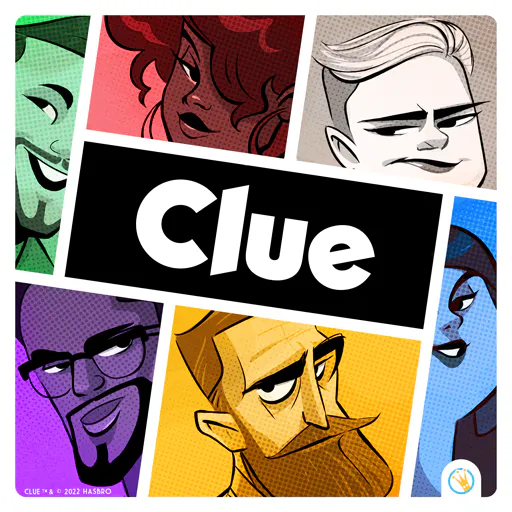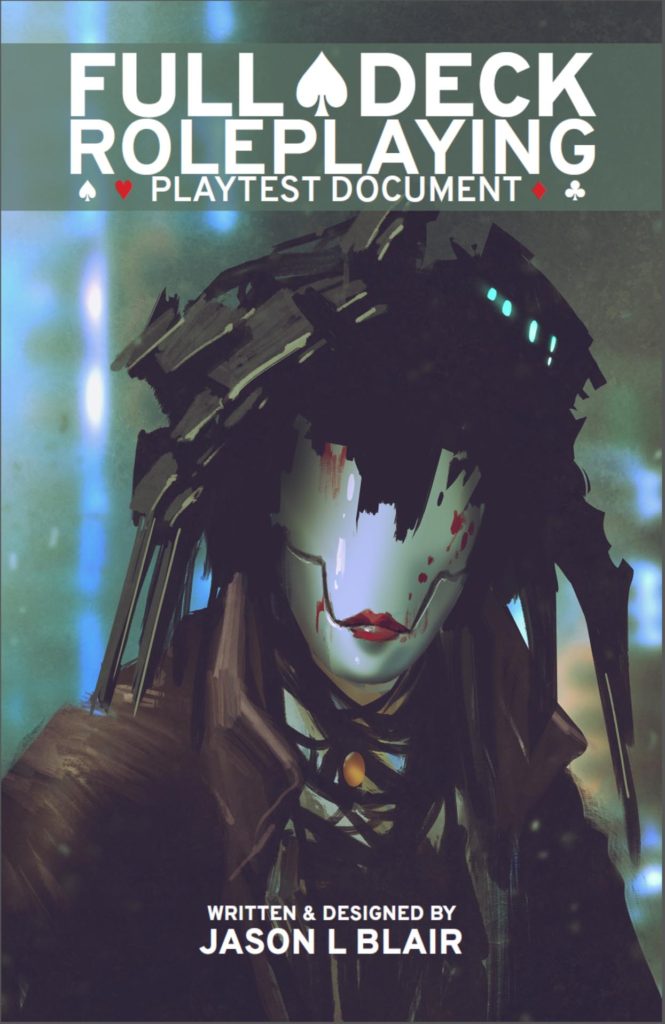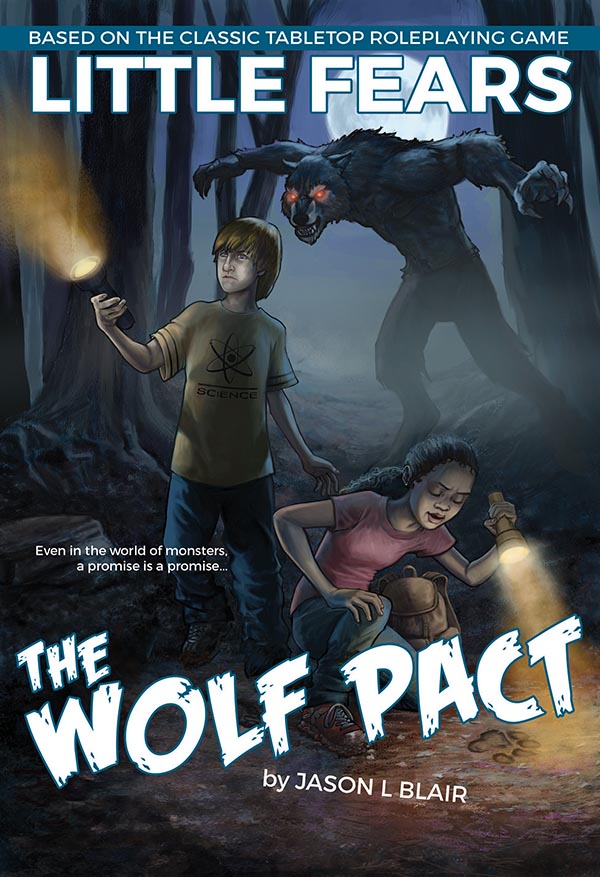Earlier this year, I kicked off Operation: Awesome, a multi-phase attempt to reprogram myself as a writer. I had spent far too much of my life under this delusion that the traditional rules of writing and story didn’t apply to me. I thought I could just riff and my stories would work. Most often, I didn’t finish the stories. My initial excitement and momentum ran out before I got the car down the road. A lot of the time, before I’d even left the garage. I didn’t understand how stories worked. I didn’t do the pre-production on my ideas to see if they were actually stories or just ideas or hooks with nowhere to go. I would talk a lot about a story I had when I actually had no such thing. I had a premise, maybe, but most often I had a character or a starting point or a scene. And those are not stories.
After a lifetime of saying I was a writer, I decided to actually do the legwork and become a writer.
I needed to push myself. I needed to learn my process and establish good writing habits. I knew I worked well with an outline (another late discovery). I’m a lazy person by nature with a history of feverishly writing down 1000 words then abandoning the story or jumping from one great idea to another without settling on one and doing the work to get it done. A big part of Operation: Awesome is fixing that. Is fixing myself.
You’ve heard this cliche numerous times: Being creative for money is a business. If you’re rolling your eyes at that, go somewhere else. My intent is to make a living from writing. To do that, I needed to be more than just creative. More than just a guy with good ideas. Everyone else you’re competing against, for an agent, an editor, a publisher, for the audience’s time and money, is creative. They all have good ideas. Being creative and having good ideas just isn’t good enough. You need follow-through. You need discipline.
At least I do. And I didn’t have it. But I was going to get it. I came up with Operation: Awesome and immediately started putting it into motion.
Phase One was learning the craft. For a guy who had spent the past ten years in publishing, in writing and game design, I knew frighteningly little about writing stories. I had the mechanics of writing down (spelling, punctuation, paragraphs) and an ear for dialogue (still my strongest suit) but no concrete idea about construction, payoff, character and story arc.
I studied screenwriting, particularly the late Blake Snyder‘s wonderful Save the Cat! series of books. It’s not a book of theory, it’s a book based of codified observations. Blake’s humorous and insightful approach to story construction was an eye-opener. I put Blake’s ideas into practice in late 2008 with a screenplay I’ve recently entered into competition (wish me luck!). I use his ideas in every story I draft. It’s my first step once an idea has taken shape. It’s my test as to whether an idea is actually a story yet.
Phase Two was laying out what type of writer I wanted to be. If I couldn’t define and sell myself, I couldn’t expect anyone else (agent, editor, publisher, reader) to. I needed to be honest about genre and market. I needed to hone my abilities and direct the other phases of Operation: Awesome toward that genre and market.
I know some writers hate defining themselves or, worse yet, think they defy definition. Yet, the successful authors I know, those who produce and sell, can tell you their market. They may branch out (or wish to) and may struggle to accept it but they know it.
I am aware of my interests and strengths and they are not burdens. They help me focus, help me sell myself, help me be a better writer.
Phase Three is research. As a creative, my life is research. Observation and experience is research. But I had a huge gap in my research process: reading. I read a lot as a kid but hadn’t made the time in recent years to get back to it. My life had leaned more towards games, particularly video games, so I spent my time with them. My reading had suffered.
Once I knew what I wanted to write, I needed to read. Lucky for me, what I like to write and what I like to read are the same thing. (Is this true for other creatives? I do not know.) I’ve been on a reading bender, having finished seven books in the past three weeks, with more waiting.
Phase Four is writing. Without this step, the other three are for naught. And by “writing” I’m not just talking about stringing words together. A big part is pre-production: mapping the beats, growing the characters, writing the outline. All of this is necessary for my process. Without them, stories either don’t get done, get done poorly, or need a lot of back and forth (which I could have prevented if I’d done the pre-production). Once that’s done, I do the writing. I don’t miss writing without an outline. It’s not more romantic, the stories and characters still have plenty of surprises, and I can lean on the pre-production when the muse doesn’t show up to work which means I can finish what I start.
Obviously, I go back through Phases Three and Four. They’re not dead ends or one-ways. Reading is an important part of the writing process. (Yet another old chestnut I ignored at my own peril.) Sure, Phase Five is probably selling books and a series or two but I’m not worried about that yet. My goal is to become a better writer. To become the writer I want to be. Once I’m there, I’ll think about getting published.




It’s a rough road to walk. And every now and then, it’s good to go back and revisit Phase Two. Just because you like a thing now doesn’t mean you have to dig a forever rut.
True. I’m sure there will be moments in my career where I spend a lot of time in Phase Two, reevaluating and planning a new path.
I applaud this.
Woot, and such.
— c.
I like how you broke a complicated process of self assessment and discovery into solid phases.
While I think the steps and criteria can remain personal—and thus allow for writerly individualism—the milestones you’ve set forth for yourself are solid and applicable to each writer’s process, if they have the guts.
Me like.
K
Terrific post. On the one hand, it resembles what I’ve been doing the past two years. On the upper hand, though, it is a fine, clear-eyed, intelligent look at a process I’d be wise to follow more closely. Good for you, Jason. Seriously.
Interesting read.
So, how did the road work for you? And good luck with the script competition!
Good for you, amigo! And good luck!
[Oh, and yes–at least for me, I love to read the same sort of things I like to write. Such as mysteries, and thrillers, and fantasy novels. Though there are some writers I enjoy who I could never emulate, and don’t want to.]
Thanks, everyone. I really appreciate the comments. I hope to say more on each of these phases later.
@Keith
Indeed. I profess no universal gospel of a pool into which I’ve only just dipped my toe. Also, love “if they have the guts.” I grew up with a lot of writers, very few of whom are currently writing.
@Guy
So far, so good. I don’t expect to see proof of this for at least a year. What I keep in mind is that Operation: Awesome is a way to improve myself and refine my ability, dedication, and discipline. In the end, I could still suck as a writer.
Excellent article! I actually found some relief in sharing some of what you have shared about yourself.
The only thing I like better than this post is the thought of getting to read what you’re working on, eventually.
Inspiring, Jason. I find myself in the pre-Operation Awesome stage you were, and this is the kind of post that could be read dramatically in the field of battle while painted blue.
Fantastic post! So many “aspiring writers” really need to read this and see a great example of how to turn that aspiration into reality.
Pingback: Painting With Shotguns XXXVIV
Very cool, man. Good luck to you with the screenplay!
Awesome, Jason. Looking forward to seeing what you produce!
Some things I’ve picked up hanging around pro authors and reading interviews and such: I know that for some professional writers, outlines are a must (Brooks), others see them as ridiculous (McCaffery).
Some pro authors really enjoy reading stuff in their own genre because it lets them see where the genre is and how others approach it, others really dislike it because they spend so much time living in the genre as a writer they want to experience something else when they aren’t writing. Regardless, you have to be a voracious reader if you want to be a writer, whatever you read.
Some pros focus on a genre and market, others don’t (though they will focus one particular pen name on one particular genre, and other pen names on others). They don’t try to make any particular work cross-genre/-market, however; they identify whatever a particular piece is supposed to be and who it is for, and write towards that.
Ultimately, like much about writing, it all comes down to “whatever works for you”. The key word being “works” (rather than “want”), and this sounds like a good path for you to tackle the problem of becoming who you want to be.
Pingback: Jason L Blair’s Operation: Awesome- India Drummond
I blogged about this today… I just wanted to thank you for sharing your writing journey with us. How wonderfully uplifting!
What a great post! I especially like the points that (a) creativity is a prerequisite, not something unique to you (or me) and (b) outlines don’t kill the surprises, but make a good crutch when the inspiration isn’t hitting.
Thank you, everyone, for the great feedback. I didn’t expect this much of a response.
@ India
Thank you for sharing this with your readers!
@ Adam
Absolutely. Learning those two points were big steps towards creating a process that works for me.
I found this really helpful. Thanks for sharing!
Pingback: » Preparing to be Awesome • Jason L Blair, Writer & Game Designer
Pingback: Moving the Ball | Geekcentricity
Pingback: Re-Invention | Geekcentricity
Pingback: » Operation: Awesome’s Novel Idea • Jason L Blair, Writer & Game Designer
Pingback: » The Write Identity • Jason L Blair, Writer & Game Designer
Pingback: » Operation: Awesome – The 1000-Word Plan • Jason L Blair, Writer & Game Designer